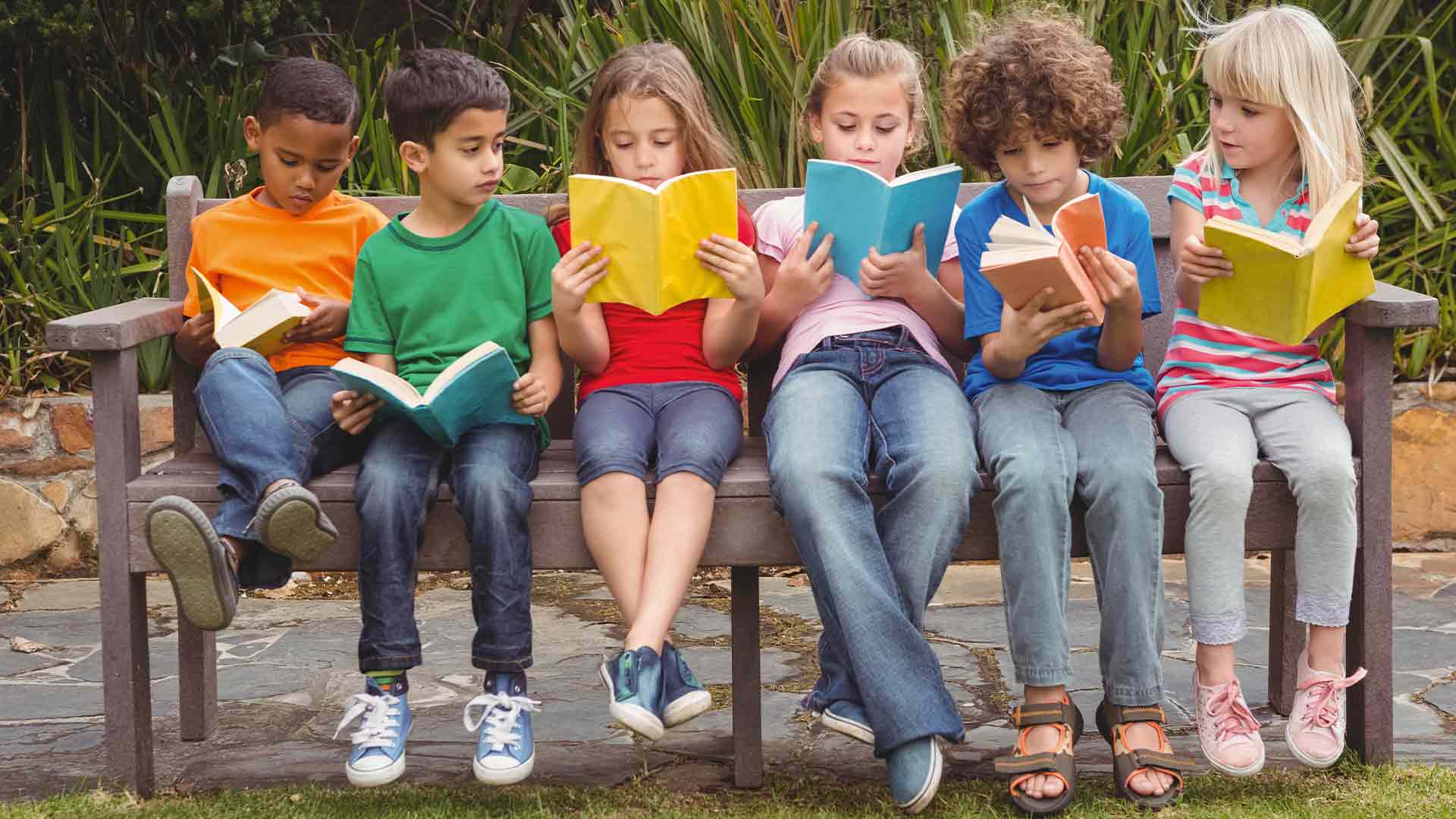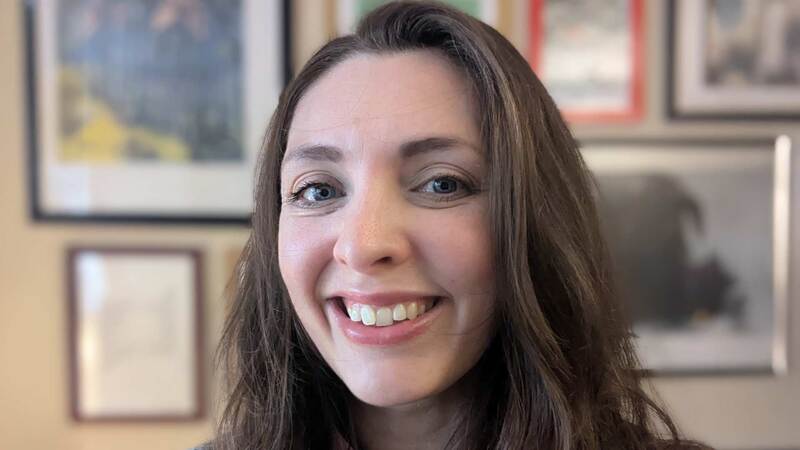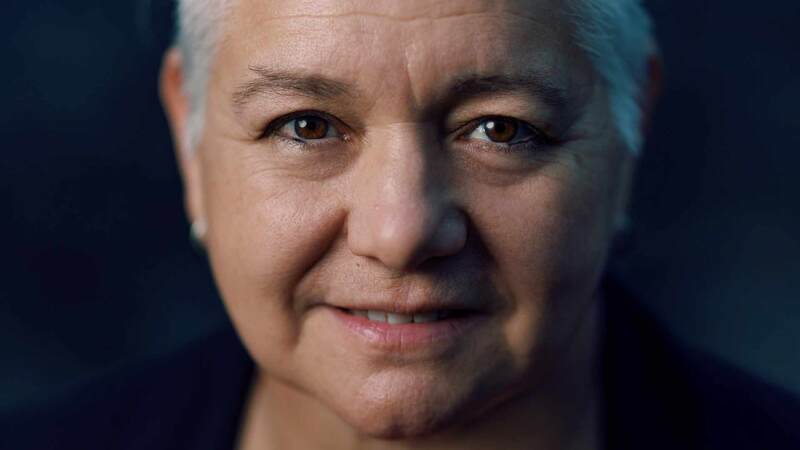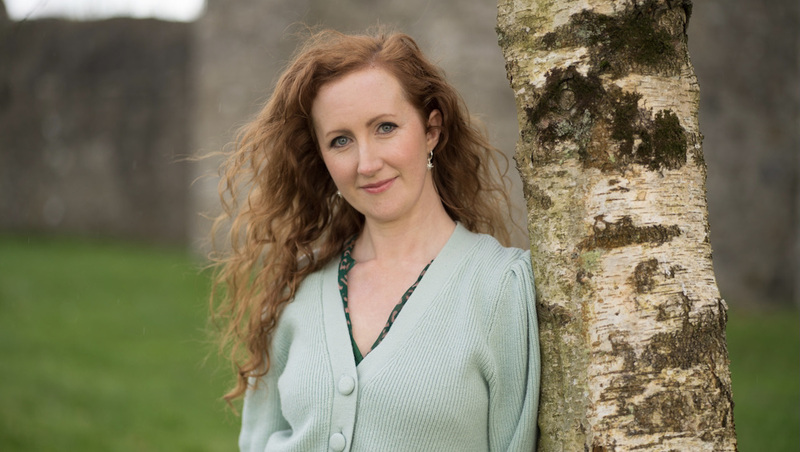You are viewing your 1 free article this month. Login to read more articles.
Crisis intervention
Reversing the trend with kids’ reading will take better collaboration and investment.
As a founder member of The Reading Agency and lifelong reading activist, I’ve seen first-hand how reading changes lives. Evidence proves that as well as inspiring creativity, reading is also a crucial building block for skills and learning, health, wellbeing and social connectivity.
To access these benefits, we know how important it is to embed the reading habit in childhood, but the landscape appears bleak. Investment in culture is increasingly uncertain and recent research from BookTrust shows a significant drop in children’s enjoyment of reading as they progress through primary school.
But while there are challenges ahead, there are also some blue skies.
We hear a lot about the impact of screen time as a distraction and barrier to children reading, but is it all bad news? Last year, we saw an impressive 650,000 children’s e-books and audiobooks borrowed from libraries during our Summer Reading Challenge. Are children reading, but reading differently?
And community initiatives like the Summer Reading Challenge delivered in public libraries are bucking the trend. Nothing compares to the excitement of sign-up Saturday or a medal ceremony in a school or library. Last year, 700,000 children took part in the challenge, nearly 134,000 new children joined the library, 14 million books were loaned and four in five children read more over the holidays, returning to schools inspired and confident readers. Driven by enjoyment, choice and rewards, the Summer Reading Challenge generates a buzz that starts many a reading journey.
We’re failing young readers by not joining the policy and practice dots between schools, libraries, community services, and families.
What can we do better?
Firstly, we’re facing the real danger of a disconnected reading ecosystem. We’re failing young readers by not joining the policy and practice dots between schools, libraries, community services and families. Single bits of the system can’t do it alone, but working together we can make a real difference.
And is there a skills and confidence gap for some of our key reading role models? Teachers do a brilliant job, but they are busy. Research from the Open University shows that they don’t always have the time to keep up to date on reading for pleasure pedagogy or the latest children’s book releases. Support for teachers is crucial to delivering a great reading experience in the classroom.
Families are also vital to the mix. Research shows that family reading with children is important, but it’s declining. Our research suggests that this is probably because adults themselves are reading less and also because one in six adults struggle with reading. Given the importance of reading role models, we ignore support for adult reading and literacy at our peril.
We have a bank of evidence about what works for children’s reading. We need to build on this best practice and listen to children’s voices about what they want and how they want it. The tried and tested tools in our toolbox include:
- Choice: children want agency in selecting reading material which depends on good curation, experimentation and free access to content—all of which libraries provide.
- The hook not the book: using interest pathways like sport or music can be effective in engaging children who don’t see themselves as readers.
- Representation and inclusion: it is important that children see themselves in the books they read and that content is accessible for all including children with specific reading needs.
- Activation: reluctant readers need encouragement, incentives and enrichment activities to help them into books.
- Cross-sector collaboration: when schools, libraries, local services and families work together, evidence shows an amplified impact on children’s reading engagement.
- Family focus: supporting adult literacy and family reading initiatives creates a positive ripple effect for children.
- Fun first: it’s the magic in the mix! Start with learning, and reading becomes a chore; start with fun and adventure and the learning happens by default.
The future of children’s reading in the UK stands at a crossroads. There are real challenges ahead, including for our partners in schools and libraries. But there is also hope. Let’s better connect the reading ecosystem, leverage the power of technology, and put children’s voices at the heart of the reading experience.
Let’s also invest in children’s reading and cultural experiences. Think what a game changer it would be for every child to have automatic library membership and access to the magic and benefits of the Summer Reading Challenge. It would get children reading more, deliver key educational outcomes and improve life chances. This simple, powerful change has the potential to build a society of lifelong readers; creating a ripple effect of improved literacy, learning, wellbeing and social connection in our communities.
There can be no better investment in the future, because everything really does change when we read.



















